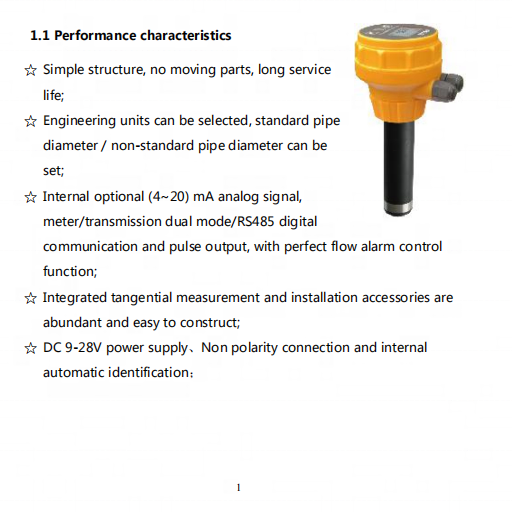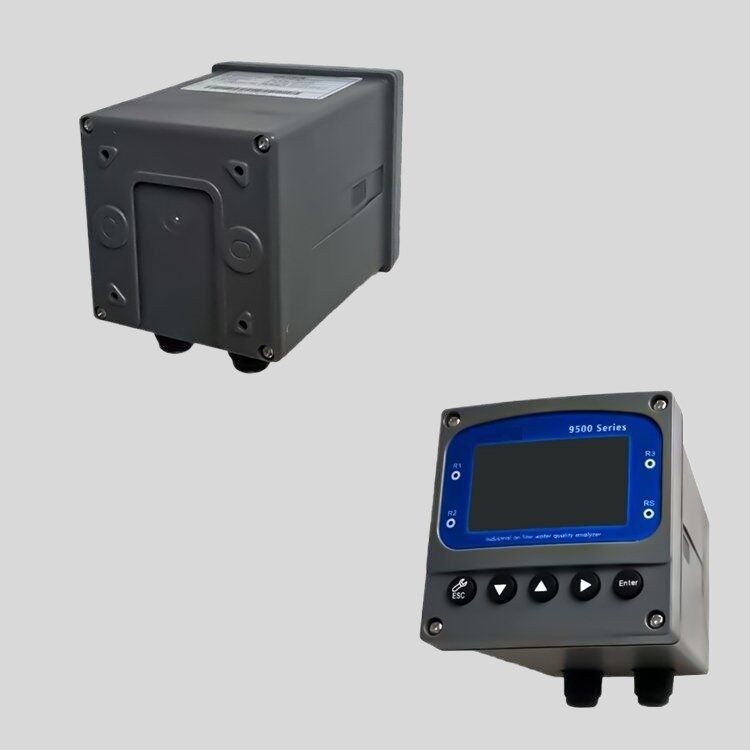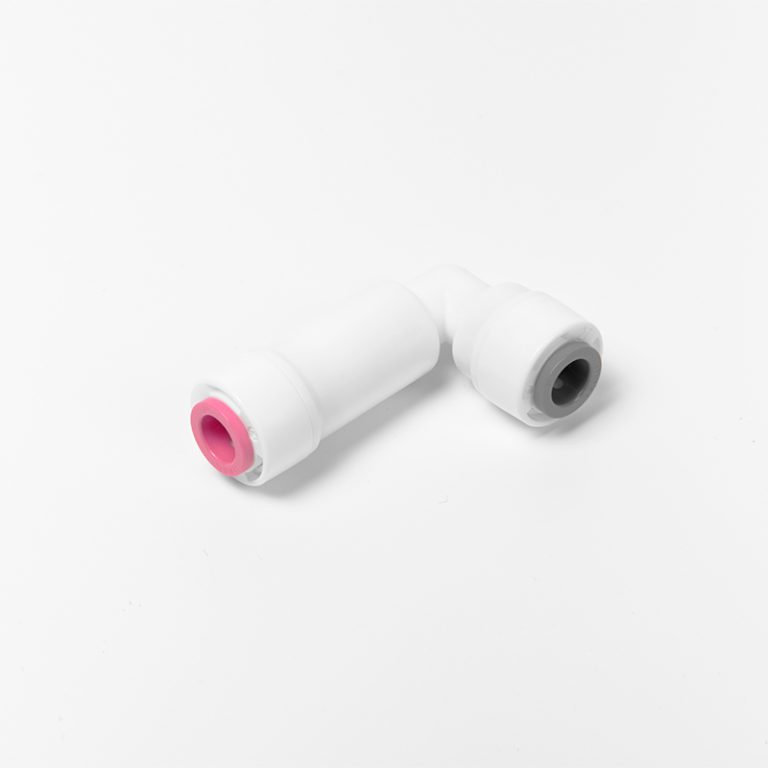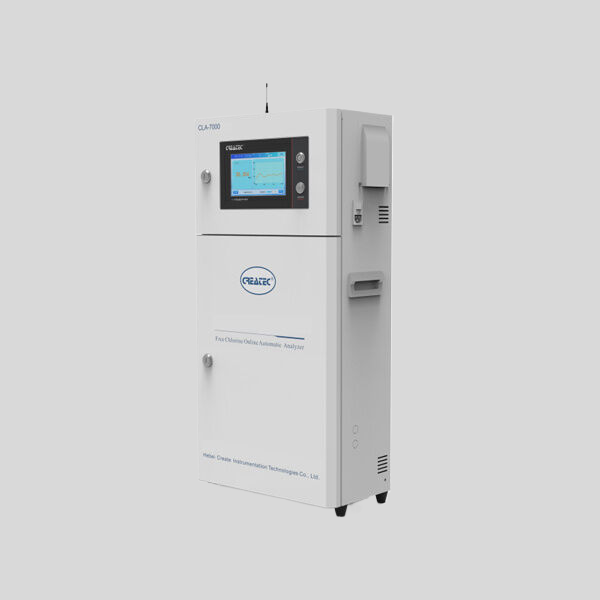“Pure, Refreshing Water Every Time: The Ultimate Water Softener Solution”
Choosing the Right Water Softener for Your Home
Choosing the Right Water Softener for Your Home
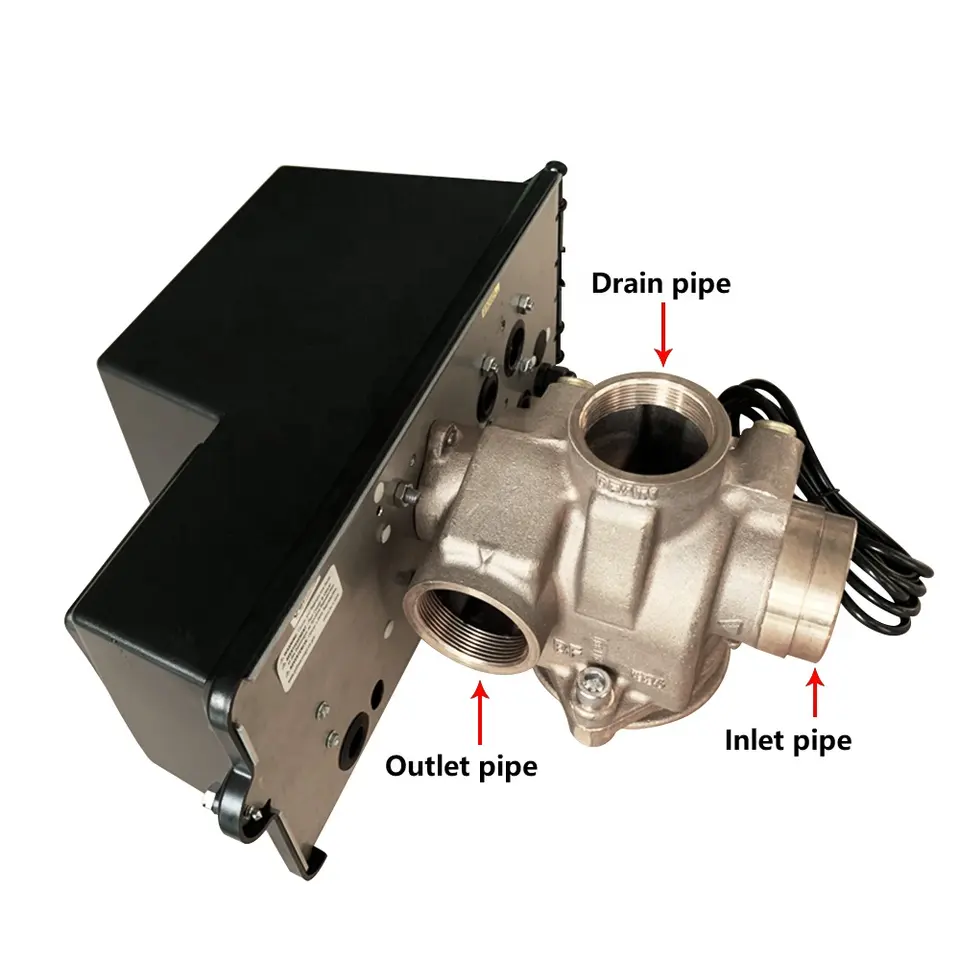
When it comes to ensuring the quality of water in your home, a water softener can be a valuable investment. Hard water, which contains high levels of minerals such as calcium and magnesium, can cause a range of issues, from clogged pipes and reduced water flow to dry skin and dull hair. With so many options available on the market, it can be overwhelming to choose the right water softener for your specific needs. In this article, we will explore some key factors to consider when making this important decision.
First and foremost, it is crucial to determine the size of the water softener that is suitable for your household. This is typically measured in grains per gallon (GPG) and refers to the amount of hardness minerals the softener can remove before regeneration is required. To determine the appropriate size, you will need to consider the number of people in your household, the average water usage, and the hardness level of your water. It is recommended to consult with a water treatment professional who can conduct a water test and provide expert advice on the right size for your specific needs.
Another important consideration is the type of water softener system that best suits your requirements. There are three main types: salt-based ion exchange, salt-free, and magnetic or electronic. Salt-based ion exchange systems are the most common and effective, using resin beads to remove hardness minerals. Salt-free systems, on the other hand, do not remove minerals but instead prevent them from adhering to surfaces. Magnetic or electronic systems claim to alter the structure of minerals, but their effectiveness is still a subject of debate. Understanding the pros and cons of each type will help you make an informed decision.
| Model | Valve Material | Inlet/Outlet | Continuous (0.1Mpa drop) | Peak (0.175Mpa drop) | Cv** | Maximum Backwash (0.175Mpa drop) | Distributor Pilot | Drain Line | Brine Line | Mounting Base | Height (from top of the tank) |
| CM31 | Unleaded brass | 2″ | 21.59m³/h | 28.18m³/h | 24.8 | 105gpm | 2″ | 2″ | 1″(male) | 4″-8UN (top) | 10″ |
Additionally, it is essential to evaluate the regeneration process of the water softener you are considering. Regeneration refers to the process of cleaning the resin beads in the system so they can continue to remove hardness minerals. Some systems regenerate on a timer, while others regenerate based on water usage. Timer-based systems are typically set to regenerate at a specific time, regardless of whether the resin beads are fully exhausted. On the other hand, demand-initiated regeneration systems regenerate only when necessary, based on water usage. This can result in more efficient water and salt usage, making it a more environmentally friendly option.
Furthermore, consider the maintenance requirements of the water softener. Regular maintenance is necessary to ensure the system functions optimally and to prolong its lifespan. This may include tasks such as adding salt, cleaning the brine tank, and checking for any leaks or malfunctions. Some systems require more frequent maintenance than others, so it is important to factor in the time and effort you are willing to invest in maintaining your water softener.
Lastly, it is advisable to research and compare different brands and models before making a final decision. Look for reputable manufacturers that offer warranties and have a good track record in the industry. Reading customer reviews and seeking recommendations from friends or family who have already installed water softeners can also provide valuable insights.
In conclusion, choosing the right water softener for your home requires careful consideration of factors such as size, type, regeneration process, maintenance requirements, and brand reputation. By taking the time to evaluate these aspects, you can ensure that you invest in a water softener that will effectively improve the quality of water in your home and provide long-term benefits for you and your family.

